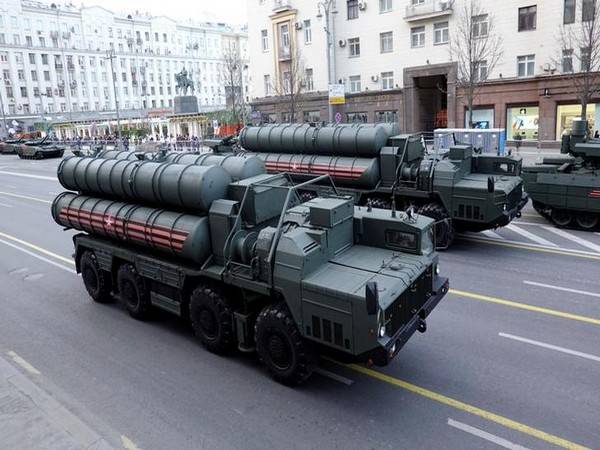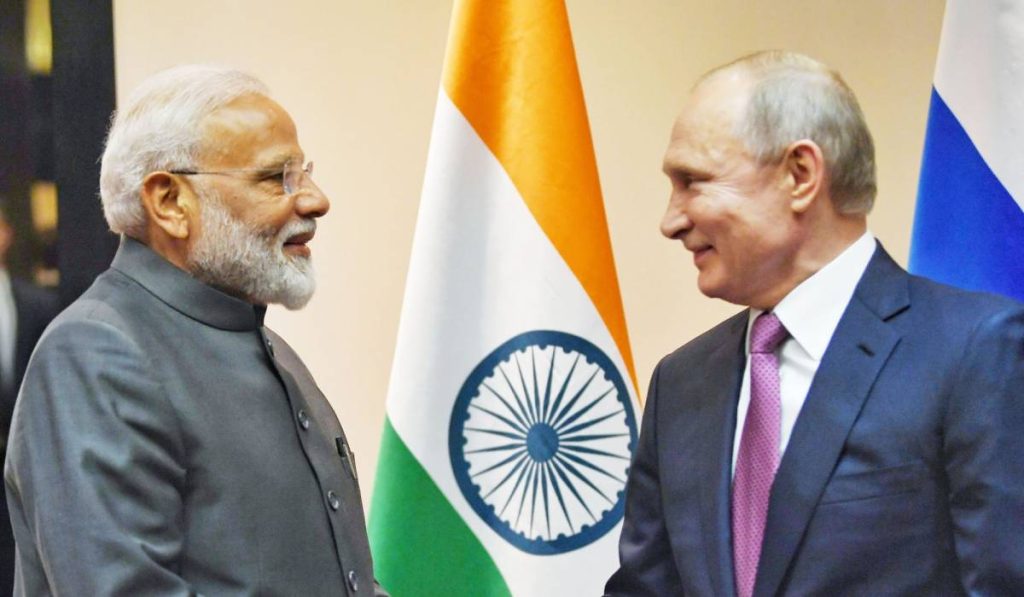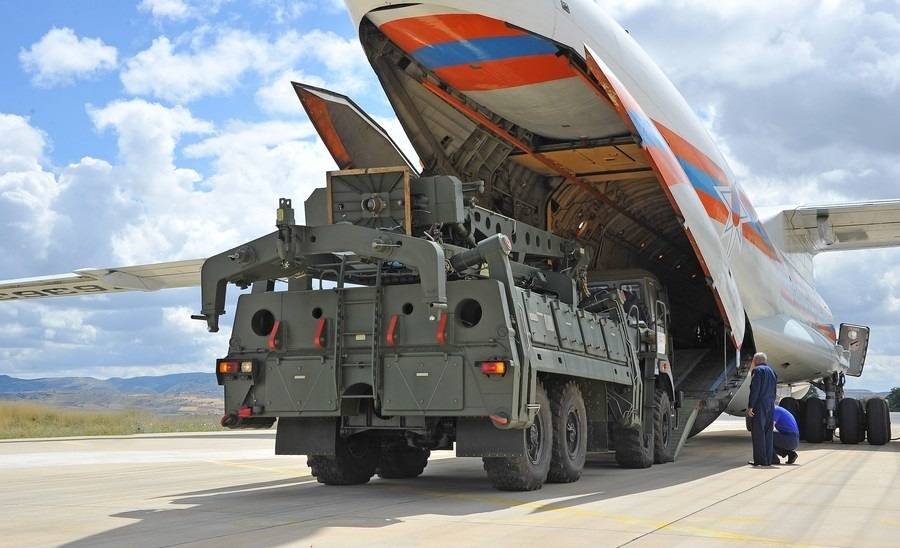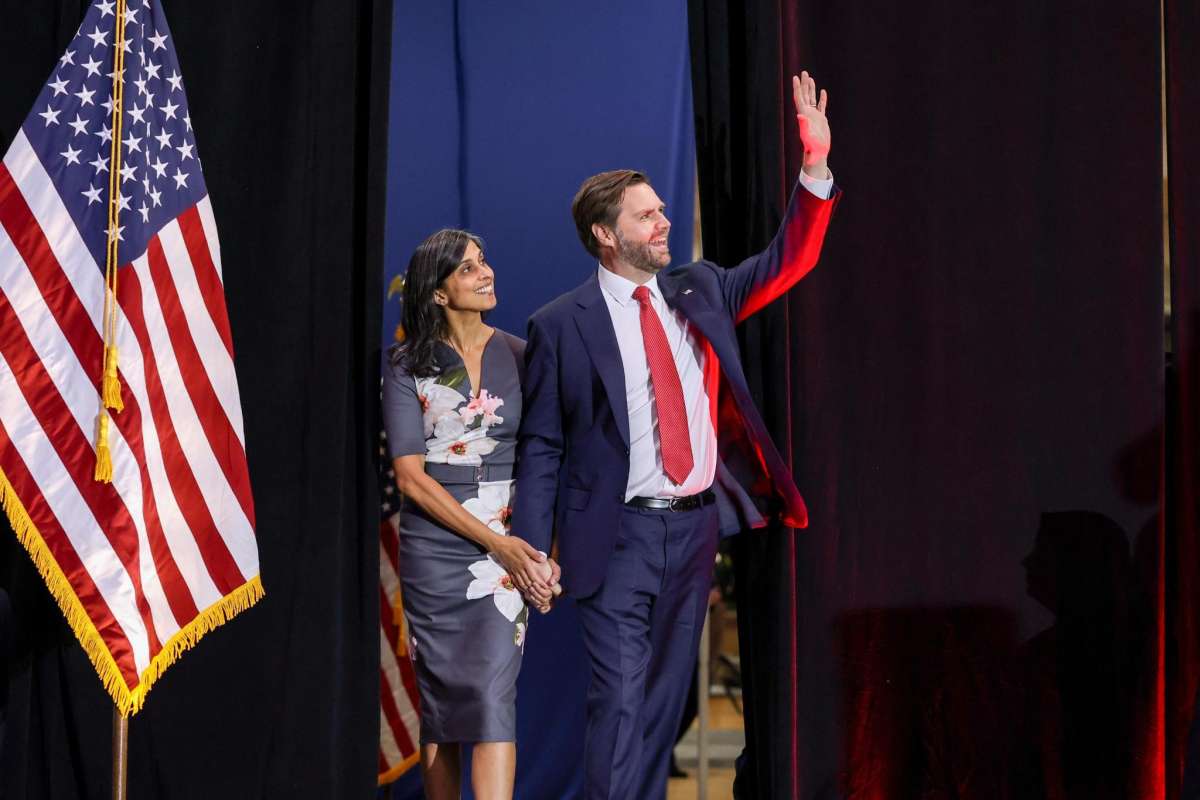Despite strong objections from the US and threat of sanctions from the Biden Administration, India has refused to make any changes in its decision and is going ahead with the purchase of the missile defense system, reports Asian Lite News
Russia selling S-400 missile defense system to India “shines a spotlight on the destabilising role” that Moscow is playing in the region and potentially beyond as well, the United States has said.
The US continues to have its concerns over India purchasing the multi-billion missile defense system from Russia. India has asserted that its decisions are based on its national interest to protect its national security.
“Well in many ways, this doesn’t change the concerns that we have with the S-400 system. I think it shines a spotlight on the destabilising role that Russia is playing not only in the region but potentially beyond as well,” State Department Spokesperson Ned Price told reporters on Thursday at his daily news conference.
“When it comes to CAATSA sanctions, you’ve heard me say before, we haven’t made a determination with regard to this transaction, but it’s something we continue to discuss with the government of India given the risk of sanctions for this particular transaction under CAATSA,” he said.

Price was responding to a question on implications of the Russian S-400 system to India on its bilateral ties with New Delhi given the unprecedented tension it is having with Moscow on what it calls an imminent Ukrainian invasion.
Despite strong objections from the US and threat of sanctions from the Biden Administration, India has refused to make any changes in its decision and is going ahead with the purchase of the missile defense system.
“Whether it is India, whether it is any other country, we continue to urge all countries to avoid major new transactions for Russian weapon systems,” Price said.
The Biden Administration, so far, has not taken any decision on CAATSA sanctions. “I don’t have a timeline to offer, but these are issues that we continue to discuss with our partners in India,” Price said.

The 2017 law, Countering America’s Adversaries Through Sanctions Act (CAATSA), requires the administration to sanction those buying Russian military equipment and the US has imposed sanctions on its NATO ally Turkey for buying the S400 system.
But India’s emergence as a key partner of the US in the Indo-Pacific region where they confront threats from China, creates a dilemma for Washington.
In November last year, Republican Senators Ted Cruz said while introducing legislation to exempt India: “Countering China’s aggressive behaviour requires viable partners in Asia and beyond, and the US-Indian relationship has become a cornerstone of our multilateral efforts.”

The proposed legislation introduced by him and two other Republican senators is called the “Circumspectly Reducing Unintended Consequences Impairing Alliances and Leadership Act of 2021” (CRUCIAL Act) and it seeks to exempt the Quad members from sanctions for ten years.
The other two members of the four-nation group, Japan and Australia, do not buy Russian weapons but adding them to the legislation would make it more palatable to some legislators by giving the appearance that is not specifically about India and turn the focus to China’s aggressiveness, especially in the Indo-Pacific where the US has vital interests.
Democrat Senator Mark Warner, who heads the powerful Senate Intelligence Committee, along with Republican panel member John Cornyn have also written to Biden against sanctions.
But another Democrat, Bob Menendez, who heads the Senate Foreign Relations Committee, had written to Defence Secretary Lloyd Austin earlier this year that “if India chooses to go forward with its purchase of the S-400, that act will clearly constitute a significant, and, therefore, sanctionable, transaction with the Russian defence sector under Section 231 of CAATSA”.
Politico reported recently that a Senate Armed Services Committee staffer “hinted” that the waiver issue would be resolved in the latest defence budget known as the National Defence Appropriation Act when it is passed.














